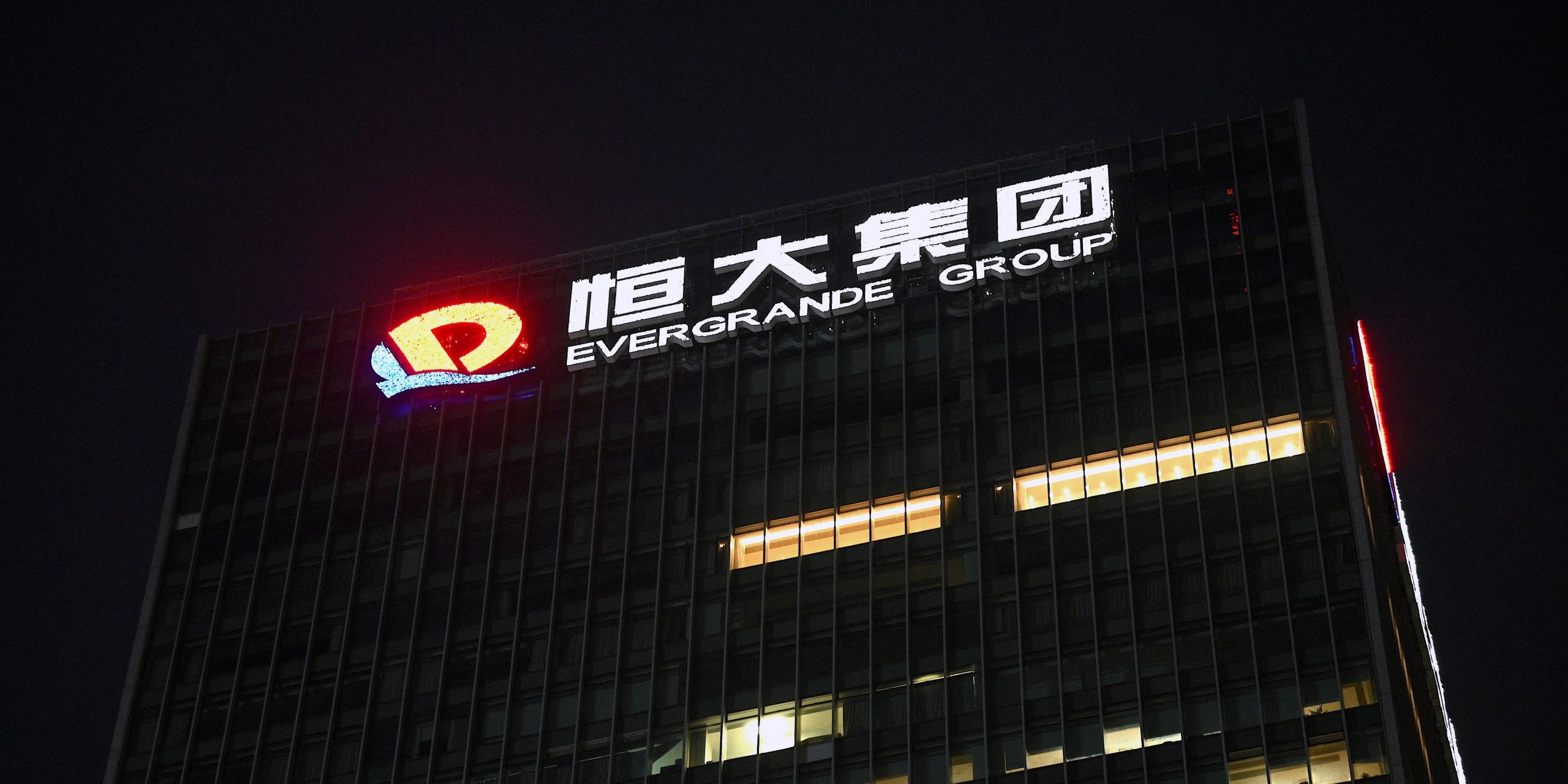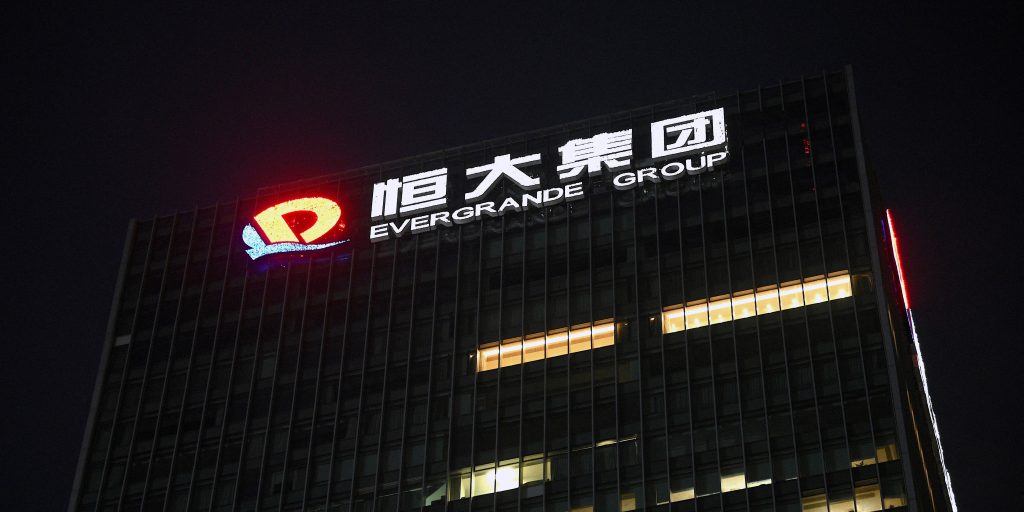
Noel Celis / AFP via Getty Images
- Evergrande sold Chinese retail investors around $6 billion in risky wealth management products, the FT reports.
- At a meeting with angry investors demanding their money back, executives acknowledged the WMPs were likely too risky for many retail clients.
- "Many people . . . might be arrested for financial fraud if investors don't get paid off," an Evergrande executive told the FT.
- See more stories on Insider's business page.
Evergrande sold Chinese retail investors around $6 billion in risky wealth management products (WMPs), held by a base of around 80,000 investors, according to a new report by the Financial Times.
At a meeting with angry investors demanding their money back, executives at the Shenzhen-based property manager acknowledged that the company's WMPs were likely too risky for many retail clients, according to the FT. As the company's shaky financials came under mounting pressure, these WMPs are emerging as a top company priority, an Evergrande executive told the FT.
Although the WMPs are a small fraction of the $310 billion pile of liabilities that has rattled global markets, investor fury has made them a flashpoint.
"Some WMP proceeds were used to repay previous products but sales plummeted, making it difficult for the business model to continue," the executive said. "Many people . . . might be arrested for financial fraud if investors don't get paid off," the executive said.
Last week, in an attempt to calm enraged shareholders, Yang Huiying, the wife of Evergrande's founder, said she had purchased more than $3 million in WMPs. The company has unveiled plans to pay back all WMP liabilities by the end of 2023 and Evergrande executives are making gestures on social media that the company will complete all of its construction projects, according to the FT.
But with the deeply indebted property company unable to meet its obligations, the Chinese government's course of action is still unclear. Some analysts say they think Beijing will deploy a partial restructuring of Evergrande to stabilize markets without creating too much moral hazard.
